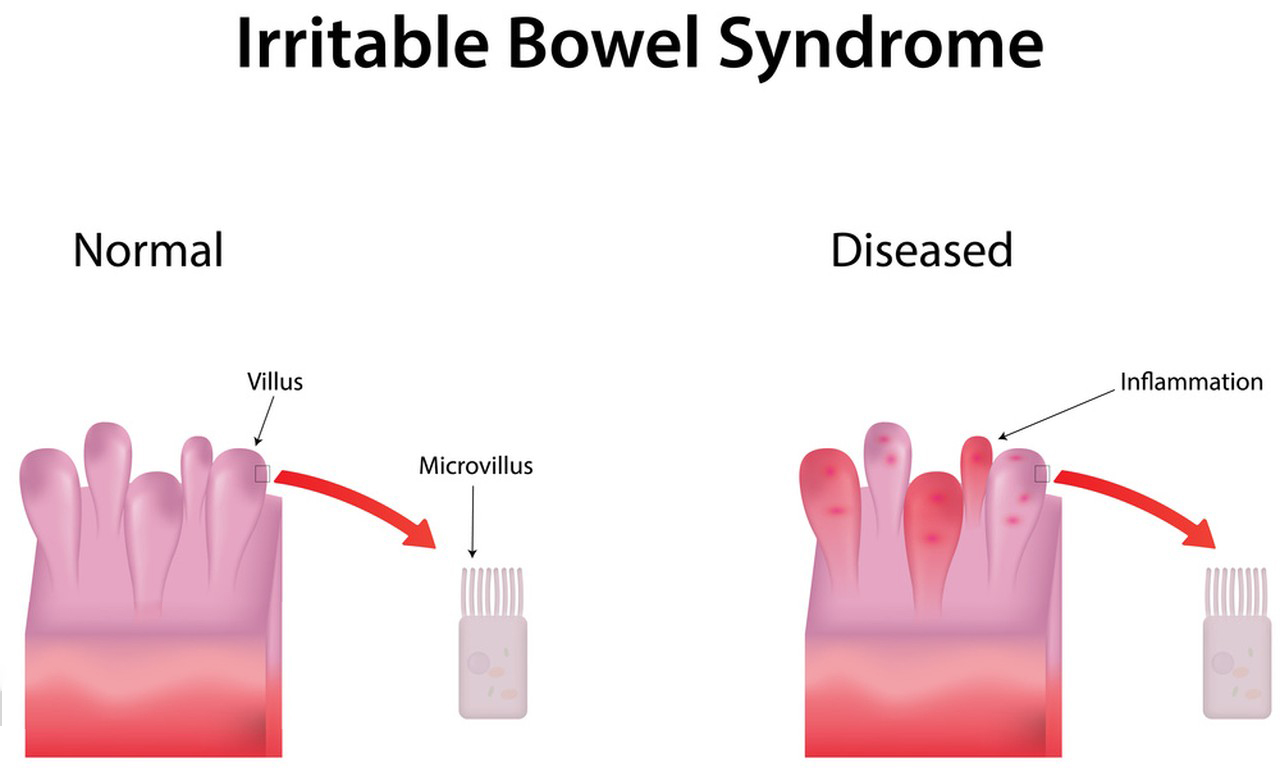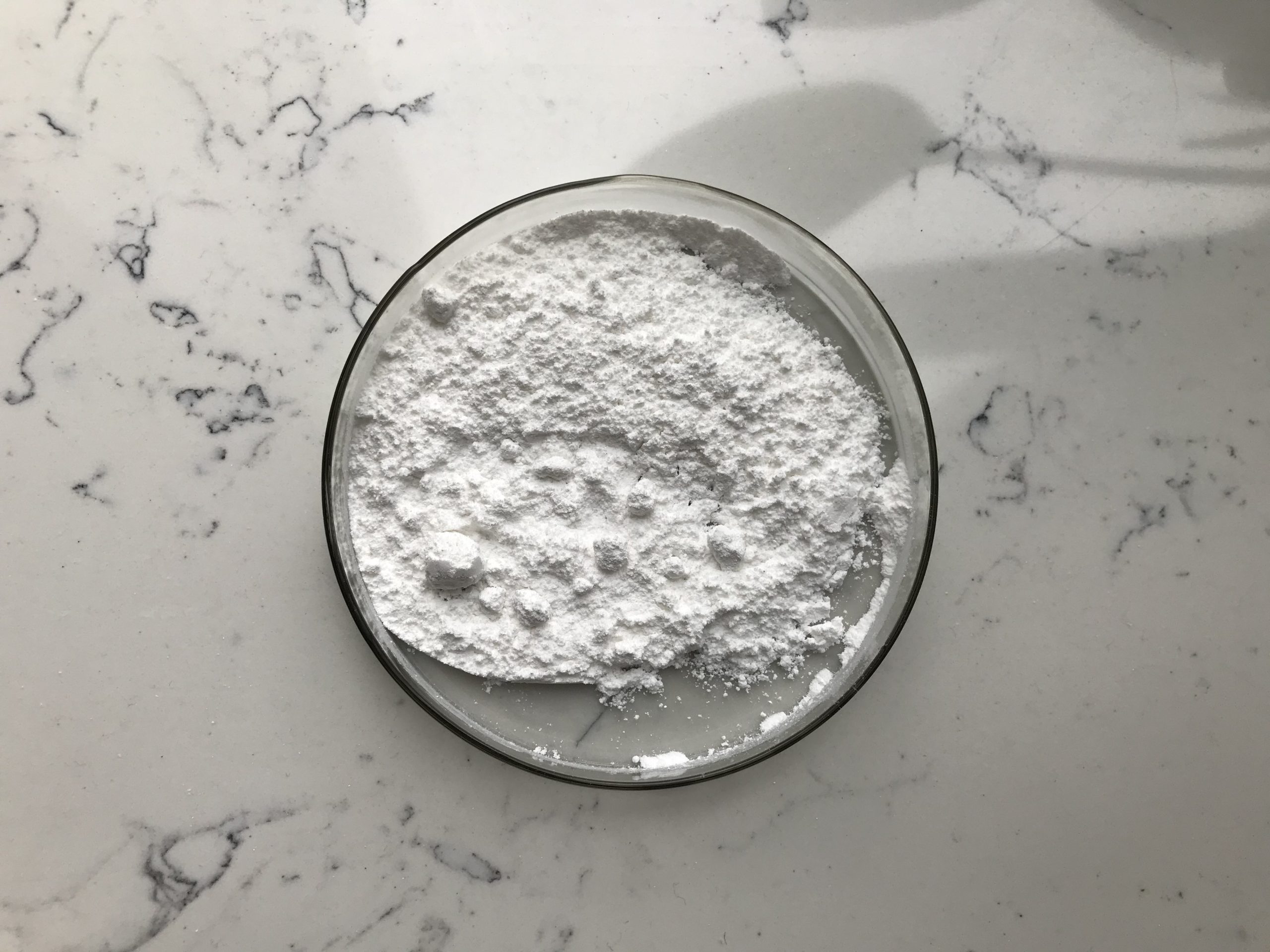TUDCA (Tauroursodeoxycholic acid) is a bile acid that has been studied for its potential therapeutic effects in various liver diseases, neurodegenerative conditions, and metabolic disorders. Its pharmacological mechanism of action is multifaceted, and it primarily exerts its effects through the following pathways:
1. Endoplasmic Reticulum (ER) Stress Reduction
- TUDCA helps reduce ER stress, which is a key player in many diseases, especially those involving the liver and neurons. ER stress occurs when the protein-folding capacity of the ER is overwhelmed, leading to an accumulation of misfolded proteins.
- TUDCA has been shown to promote the proper folding of proteins and enhance protein quality control mechanisms. It alleviates the accumulation of misfolded proteins and reduces the activation of the unfolded protein response (UPR) pathways, thereby mitigating cellular stress.
2. Anti-apoptotic Effects
- TUDCA has been shown to reduce apoptosis (programmed cell death) in various cell types, including hepatocytes and neurons. It accomplishes this by inhibiting pro-apoptotic signaling pathways like the mitochondrial pathway of apoptosis, where it prevents the release of cytochrome c from mitochondria, which would otherwise trigger caspase activation and cell death.

3. Choleretic Effect
- TUDCA has a choleretic effect, meaning it promotes bile flow. It does this by improving the secretion and excretion of bile acids, which helps maintain liver function. This property is particularly beneficial in liver diseases such as cholestasis, where bile flow is impaired.
4. Reduction of Inflammation
- TUDCA has anti-inflammatory properties. It modulates inflammatory pathways by inhibiting the activation of nuclear factor kappa-light-chain-enhancer of activated B cells (NF-κB) and other pro-inflammatory cytokines. By reducing inflammation, it can help in conditions where inflammation contributes to tissue damage, such as in neurodegenerative diseases or liver fibrosis.
5. Mitochondrial Protection
- TUDCA also helps protect mitochondria from damage. It prevents mitochondrial dysfunction and oxidative stress, both of which are key contributors to the pathogenesis of many diseases, including neurodegenerative conditions like Alzheimer’s and Parkinson’s disease.
6. Neuroprotection
- In the context of neurodegenerative diseases, TUDCA has been shown to have neuroprotective effects. It helps in protecting neurons from apoptosis induced by ER stress and mitochondrial dysfunction. This makes TUDCA a potential candidate for diseases like Alzheimer’s, Parkinson’s, and Huntington’s disease.
7. Modulation of Autophagy
- TUDCA has been reported to regulate autophagy, a process through which cells degrade and recycle damaged organelles and proteins. In some contexts, it may stimulate autophagic pathways to clear cellular debris and support cellular homeostasis.

Summary of Mechanisms:
- ER Stress Reduction
- Anti-apoptotic Effects
- Choleretic Effects (Promoting Bile Flow)
- Anti-inflammatory
- Mitochondrial Protection
- Neuroprotection
- Modulation of Autophagy
Due to these combined effects, TUDCA has been explored in conditions such as liver diseases (e.g., cholestasis, cirrhosis), neurodegenerative diseases (e.g., Alzheimer’s, Parkinson’s), and even metabolic disorders.
